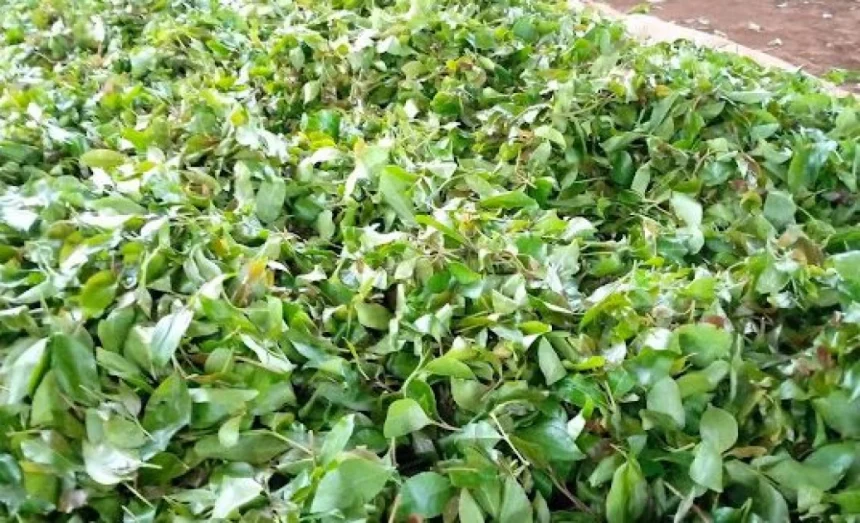Muslim leaders from the North Eastern counties have called on the region’s governors to throw their weight behind Kilifi and Mombasa counties in support of the Mũgũka ban.
Speaking on Tuesday, Supreme Council of Kenya Muslims (SUPKEM) chairman in Garissa county, Abdullahi Salat said that the drug has crippled development in the region, perennially eroding the moral fabric of their society.
He said that the move by Mombasa and Kilifi governors is noble and should be adopted by their counterparts in Northern Kenya.
“We want governors from Garissa, Wajor, Mandera, Isiolo, Tana River, Marsabit, to follow that example and that drug should be banned in these counties because it has affected the health, education and resources of our people,” Salat noted.
“There is no day it has been profitable even to those selling them. Their children have also been affected, and they are even leaving school. They are not even comparable to vegetable vendors.”
He further lamented the rise of insecurity in the region which he linked to the ballooning sale of the substances largely among the youth.
Salat has urged religious leaders and politicians from the region to support the move, noting that it will largely aid in shaping the communities residing in the region.
Mombasa Governor Abdulswamad Nassir on Thursday banned the entry, transportation, sale, and use of Mũgũka and its products, highlighting the pervasive consumption of the stimulant drug at the Coast, including among school-going children.
According to Nassir, Mũgũka traders have ignored laws put in place to safeguard children from the drug’s influence, with some even going as far as selling the drug to minors.
In Kilifi, Governor Gideon Mung’aro ordered an immediate ban of the entry, transportation, distribution, and sale of Mũgũka within the county.
Amid a heightening debate on the legality of banning the substances in question, Agriculture Cabinet Secretary (CS) Mithika Linturi intimated on Monday that County-level bans on Mũgũka are null and void.
CS Linturi explained that Mũgũka is a scheduled crop under the Crops Act 2013 and the Miraa Regulations 2023 which he said were approved by the Council of Governors after being passed by the National Assembly and Senate, respectively.
The regulations mandate that the government fund various aspects of Mũgũka farming, including licencing, promotion, regulation, transportation, aggregation, selling, marketing, and export.



